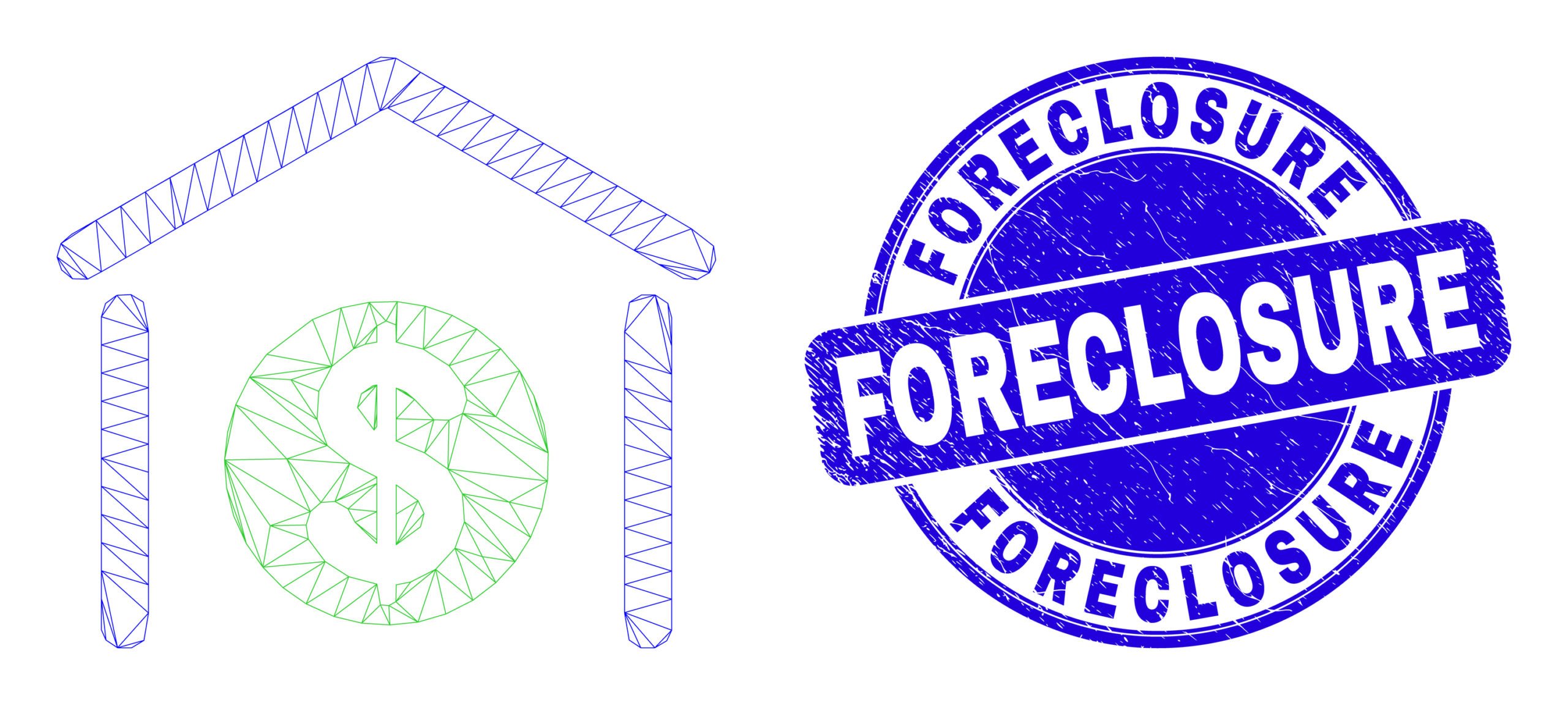What is a Deed in Lieu of Foreclosure?
A deed in lieu of foreclosure is a transaction wherein a homeowner facing foreclosure voluntarily transfers the title of their home to the mortgage lender in order to avoid foreclosure. If you are facing foreclosure, a deed in lieu is one of the methods to stop the formal foreclosure process. However, it still has a negative impact on your credit score, which may affect your ability to get another loan. For this reason, a deed in lieu should be considered a last resort.
Reasons Why a Deed in Lieu Can Be Rejected
A lender has no obligation to accept a deed in lieu. Here is a list of possible reasons why it can be rejected:
- Tax liens on the property. If there is a tax lien on the property, the chances that your lender will reject a deed in lieu are quite high. Tax liens stay with properties and become lenders’ responsibility. If the property has a tax lien, a deed in lieu will most likely be denied unless the property’s value is higher than its encumbrances.
- The value of your property has depreciated. If the value of your property has gone down, you may owe more on your mortgage than your property is worth. In this case, a lender will approve a deed in lieu application only if a homeowner agrees to cover the difference between the amount you owe and the appraised value of your residence.
- Poor condition of the property. Lenders do not want to get homes in poor condition that require a lot of work. For this reason, if your home needs repairs, your lender will most likely reject your deed in lieu application.
Reasons Why a Deed in Lieu Is Accepted
Even though a lender has no obligation to accept a deed in lieu, they may still do it because there is a list of benefits for them, including the following:
- It is easier than a foreclosure. Foreclosure is quite an expensive and complicated process for lenders. They have to hire attorneys, go to court, and prove that the borrower has not been paying the bills. Therefore, a deed in lieu is a great way for a lender to save both time and money.
- Your property is in good condition. You have higher chances to get a deed in lieu approved if your property is in good condition. This is because quality properties do not stay on the market too long and are sold easier and quicker than others.
What Makes a Deed in Lieu a Good Solution?
Sometimes homeowners choose a deed in lieu in order to avoid foreclosure. However, they may not know that a deed in lieu still has a negative impact on their credit score, just like foreclosure. The only difference between a deed in lieu and foreclosure is a deed in lieu will remain on a credit report for four years, while a foreclosure sticks around for seven years. For this reason, if you are choosing between a deed in lieu and foreclosure, the first is definitely better because of its shorter negative impact.
Sell Your Home to a Cash Buyer to Avoid a Foreclosure and Deed in Lieu
Many homeowners believe that a deed in lieu is the only way to avoid foreclosure. However, other methods are quick, effective, and do not have a negative impact on your credit score — including selling your property to a cash buyer. One of the main advantages of this method is that cash buyers are ready to purchase your home as-is, meaning that you do not have to invest any money and time into expensive renovations and repairs. If you are a homeowner of a property in Colorado Springs and want to sell it as soon as possible, We Buy Houses Colorado Springs is here for you. We purchase all types of properties in any condition, and our mission is to make the home-sale process as easy and straightforward as possible. If you decide to work with us, you will not have to worry about any repairs, and you will be paid in cash. All you need to do is to visit our website or give us a call at 719-301-2590 for more information.

